The Ultimate Guide to Tactical Uniforms: History, Design, and Modern Innovations
In the world of military operations, law enforcement, and special missions, tactical uniforms are not mere clothing — they are a critical layer of protection,
6/18/20255 min read
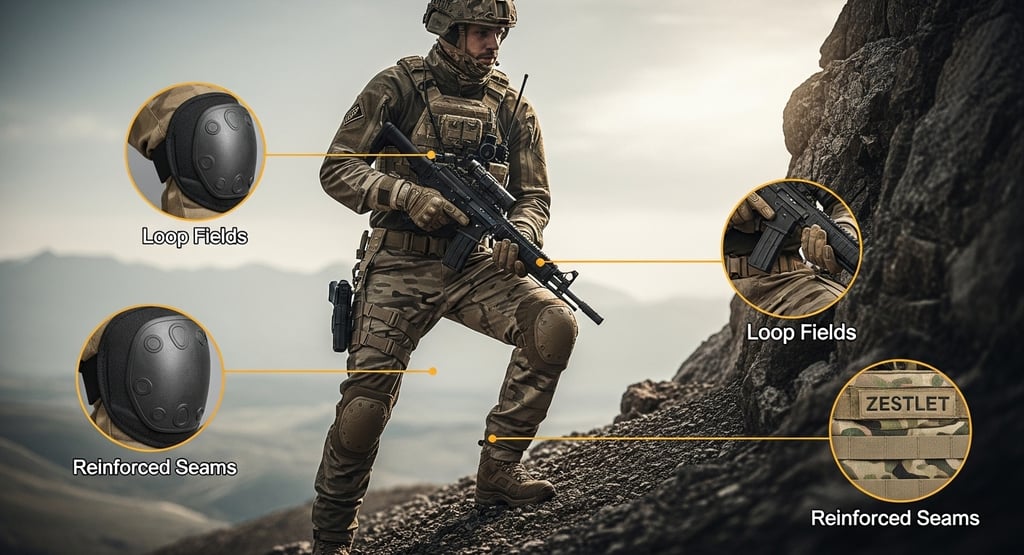

Introduction: Why Tactical Uniforms Matter
In the world of military operations, law enforcement, and special missions, tactical uniforms are not mere clothing — they are a critical layer of protection, identity, and utility. Over the centuries, combat uniforms have evolved from simple protective garb to highly specialized gear engineered with advanced materials, functional design, and mission-specific adaptability.
At Zestlet, we don’t just manufacture tactical uniforms; we engineer them to withstand the harshest environments while offering unmatched comfort, concealment, and durability. In this definitive guide, we take you deep into the evolution of tactical uniforms, the science behind their construction, modern innovations shaping the industry, and how to choose or customize the perfect tactical gear for your team.
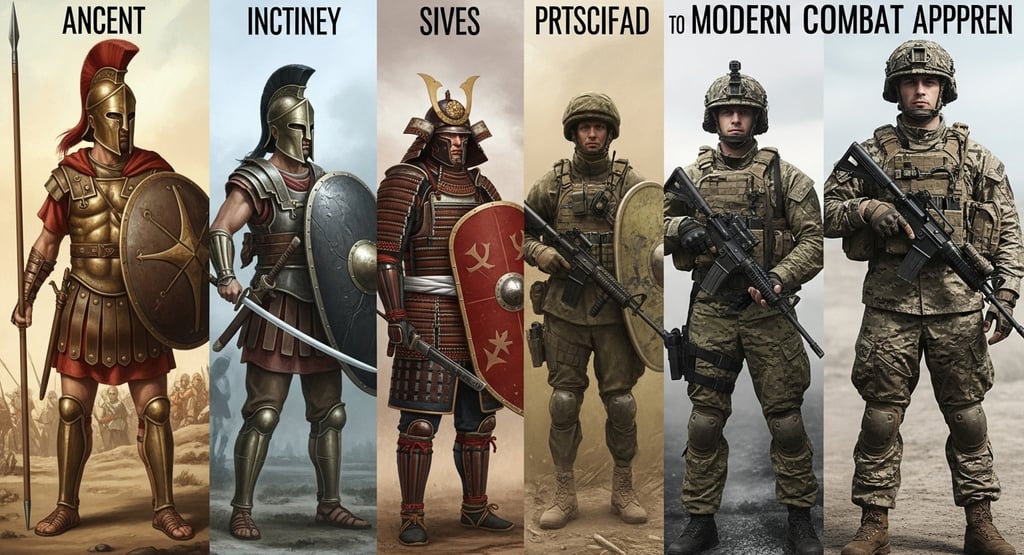

Chapter 1: A Historical Journey — From Ancient Armor to Modern Combat Apparel
Early Days: The Armor Age
Before modern textiles existed, warriors donned heavy metal armor, leather tunics, or chainmail to shield themselves in battle. These ancient protective garments were groundbreaking for their time but lacked mobility and breathability — two essentials for today’s tactical missions.
The Birth of Military Uniforms
By the 17th and 18th centuries, militaries around the world began standardizing uniforms for identification and unit cohesion. The iconic red coats of the British Army, the blue uniforms of Napoleon’s soldiers, and the khaki transformations during the British colonial era were all pivotal milestones. These early uniforms offered rudimentary protection and uniformity but lacked technical performance.
World Wars: Innovation Under Fire
The World Wars sparked rapid advancements. Soldiers needed uniforms that could endure mud, rain, snow, and trench warfare. Camouflage was adopted systematically, and durable fabrics like cotton twill became standard. Uniforms evolved into multi-pocketed jackets and rugged trousers that influenced today’s BDU (Battle Dress Uniform) designs.
Modern Tactical Uniforms
Today’s tactical uniforms are the apex of this evolution. They integrate high-performance synthetic blends, smart camouflage like A-TACS and MULTICAM, built-in padding, modular attachments, and ergonomic tailoring for maximum mobility. Zestlet proudly stands at this cutting edge — combining timeless functionality with future-ready innovation.
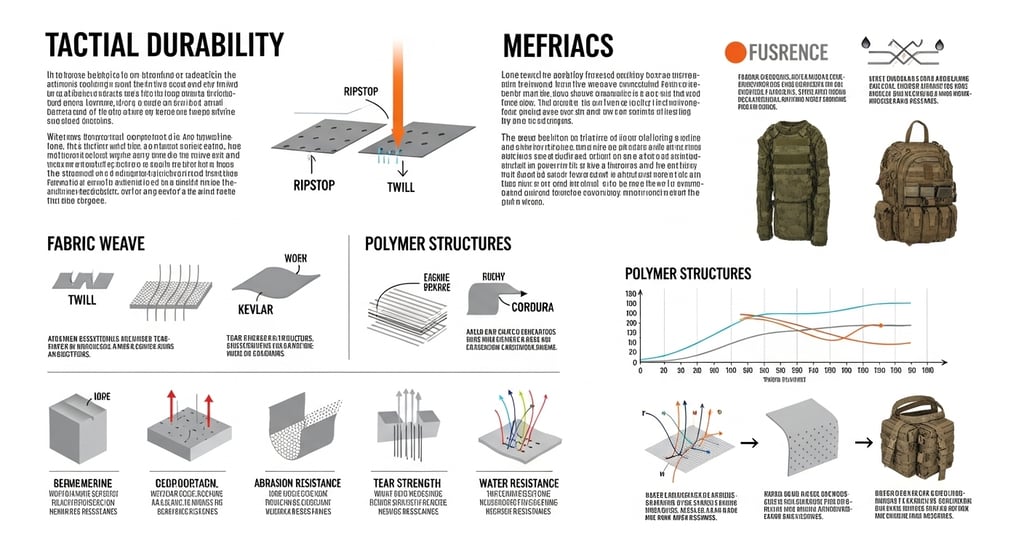

Chapter 2: Materials and Fabrics — The Science Behind Tactical Durability
Key Materials Used in Modern Tactical Uniforms
Ripstop NYCO (Nylon-Cotton Blends)
Tough, tear-resistant, and lightweight. Ideal for rugged terrains.
Cordura® Nylon
Reinforced in high-abrasion zones like knees, elbows, and pockets.
Polyester with UV Protection
Offers breathability and moisture-wicking, crucial in hot climates.
NIR-Compliant Fabrics
Near-Infrared compliance to reduce detectability by night vision.
Zestlet sources all fabrics from vetted suppliers, ensuring every roll meets global MIL-SPEC standards.
Special Treatments
Scotchgard™ Moisture Management: Repels water and stains.
VAT Dye Printing: Ensures camouflage does not fade even under extreme sunlight.
NIR Treatments: Critical for stealth operations.
Chapter 3: Tactical Design — Features That Matter in the Field
What makes a uniform tactical? It’s all in the details:
Multi-pocket systems: Easy access to ammo, tools, and comms.
Reinforced knees and elbows: Extra layers or Cordura® panels for crawling and shooting stances.
Adjustable cuffs, hems, and waist: To fit over boots or body armor.
Hook & Loop Closures: Quick access with silent operation.
Loop Fields: For rank insignia, name tags, and morale patches.
Built-in Knee Pads: Articulated and replaceable for comfort and safety.
Ergonomic seams: Designed for freedom of movement during high-intensity tasks.
Zestlet’s designers craft each detail based on real-world field feedback.
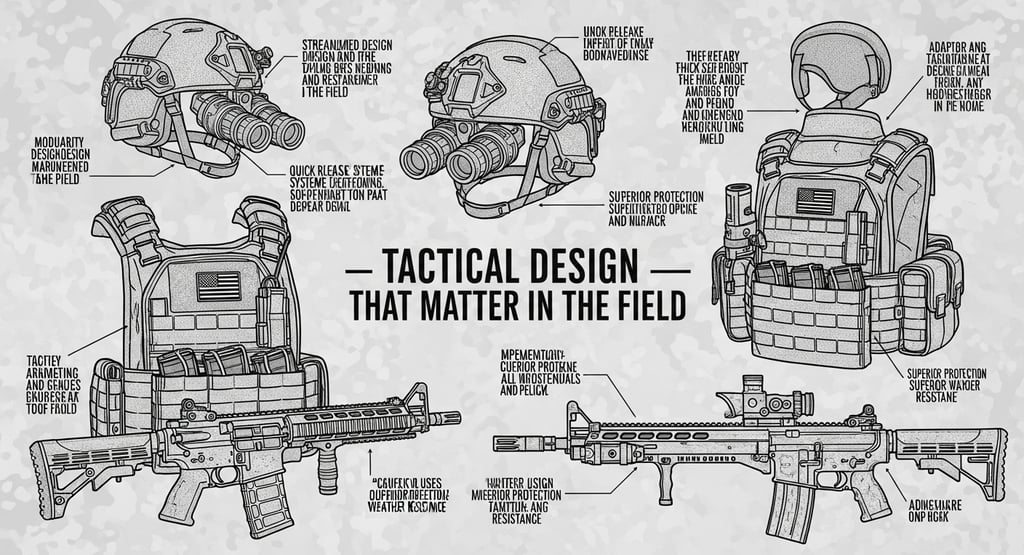

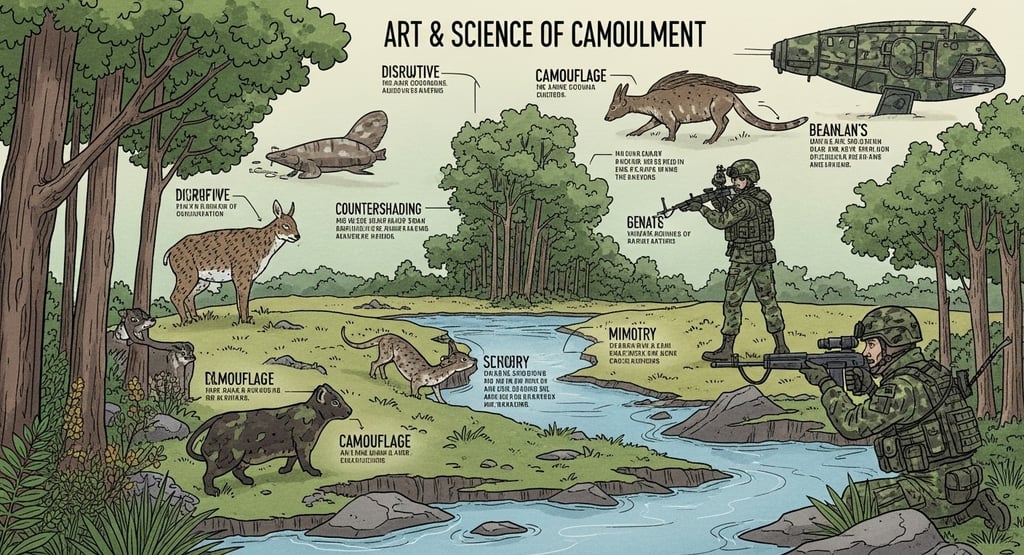

Chapter 4: Camouflage — Art and Science of Concealment
No tactical uniform is complete without a purpose-built camouflage pattern. From the disruptive WWII dazzle to digital concealment systems like A-TACS and MULTICAM, camo is both science and art.
Factors in Effective Camo:
Environment-specific colors
Macro and micro patterns for long and short-distance blending
UV and NIR reflection management
At Zestlet, clients can choose from ready-made patterns or develop proprietary camouflage that aligns with their unique mission environment.
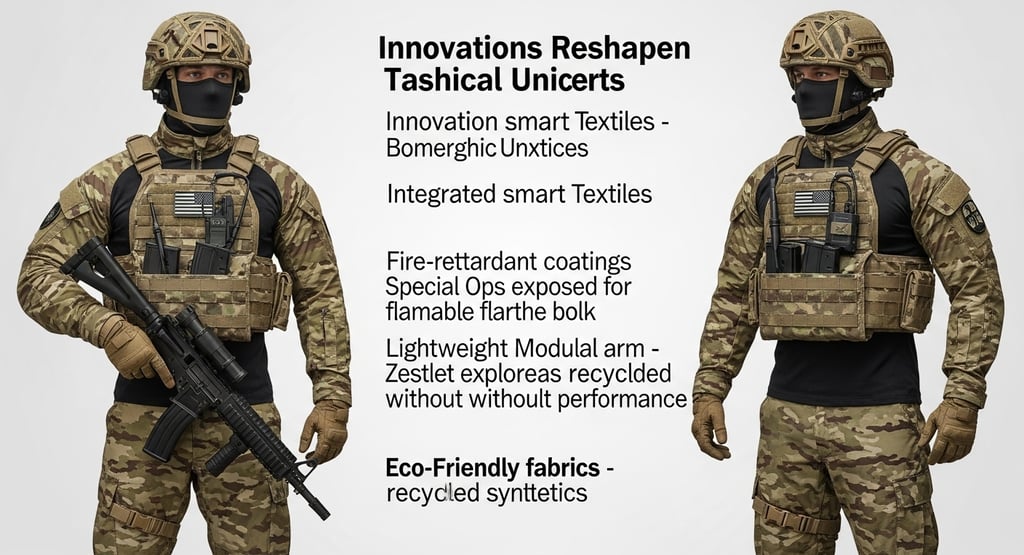

Chapter 5: Innovations Reshaping Tactical Uniforms
Innovation doesn’t stop at fabric and pattern:
✅ Integrated smart textiles — Future uniforms may have embedded sensors for biometric tracking.
✅ Fire-retardant coatings — Essential for special ops exposed to explosions or flammable hazards.
✅ Lightweight modular armor — Inserts that integrate with the uniform itself, offering extra protection without extra bulk.
✅ Eco-friendly fabrics — Zestlet explores recycled synthetics to reduce our environmental footprint without compromising on performance.
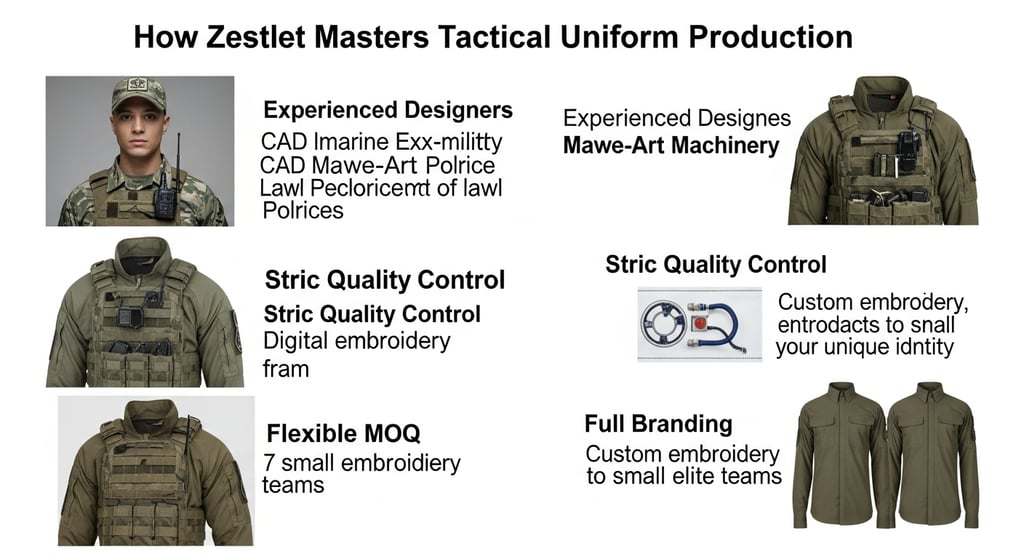

Chapter 6: How Zestlet Masters Tactical Uniform Production
Zestlet combines:
Experienced Designers: Many with ex-military or law enforcement backgrounds.
State-of-the-Art Machinery: CAD, automated cutters, digital embroidery.
Strict Quality Control: Multiple inspections from raw fabric to final stitch.
Flexible MOQ: We support both large-scale contracts and small elite teams.
Full Branding: Custom tags, embroidery, and packaging to build your unique identity.
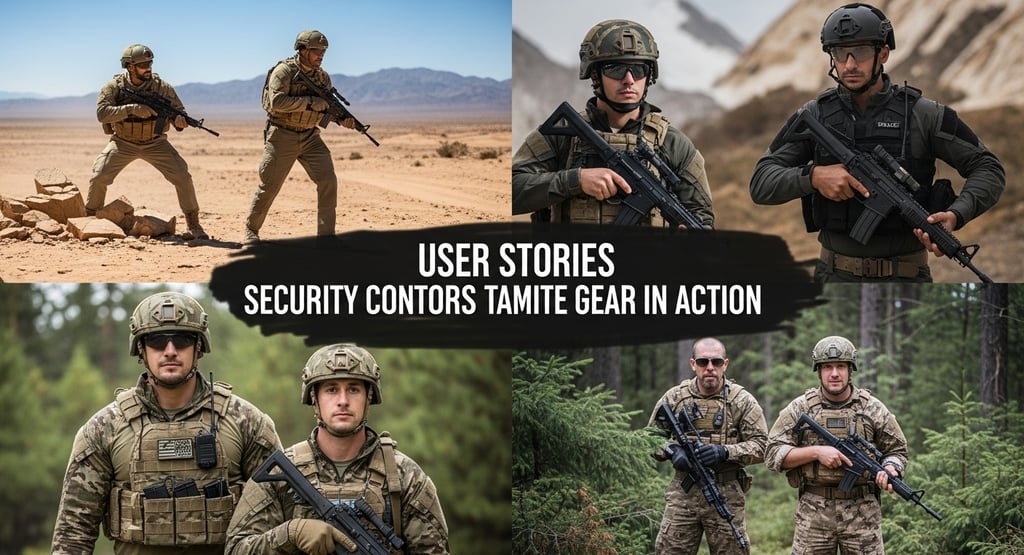

Chapter 7: User Stories — Tactical Gear in Action
Our clients range from security contractors in rugged deserts to elite units in dense forests. Each story confirms one fact: a well-made uniform can mean the difference between comfort and distraction in critical missions.
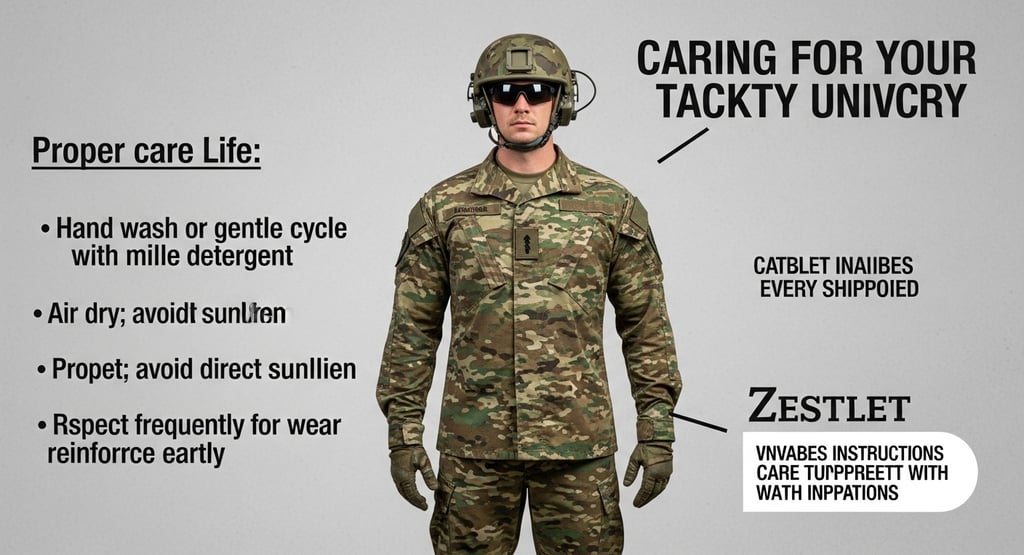

Chapter 8: Caring for Your Tactical Uniform
Proper care extends life:
Hand wash or gentle cycle with mild detergent
Air dry; avoid direct sunlight to protect camo print
Inspect frequently for wear and reinforce early
Zestlet provides care instructions with every shipment.
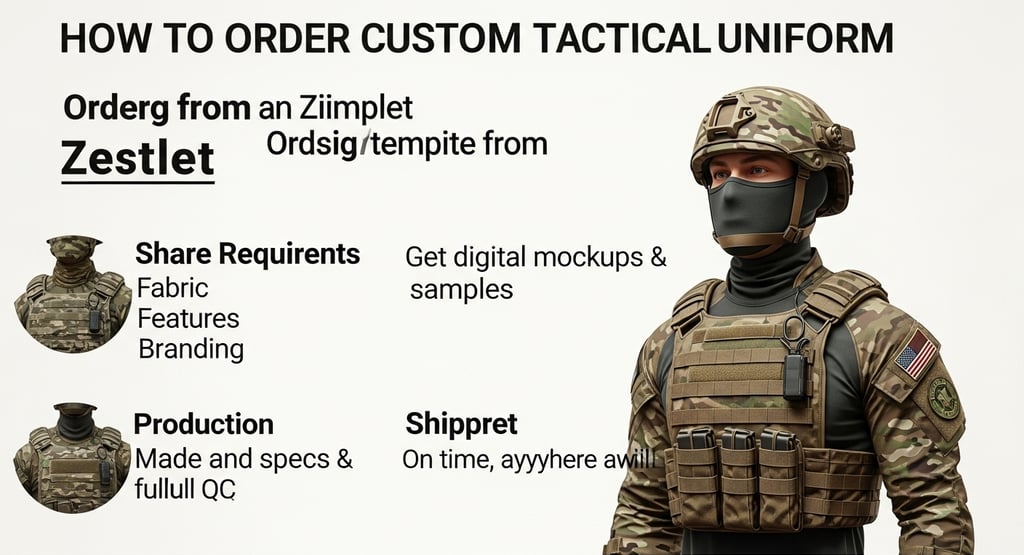

Chapter 9: How to Order Custom Tactical Uniforms
Ordering from Zestlet is simple:
Share Requirements: Fabric, camo, features, branding.
Design Approval: Get digital mockups and samples.
Production: Made to your specs with full QC.
Shipment: On time, anywhere in the world.
Conclusion: The Future is Tactical — Stay Ready with Zestlet
Tactical uniforms are more than stitched fabric — they’re a mission partner. At Zestlet, we honor this truth by engineering every uniform to stand up to the harshest demands while keeping your team protected, mobile, and confident.
Partner with Zestlet — where experience meets cutting-edge technology.
Contact Us
📧 Email: sales@zestlet.com
🌐 Website: www.zestlet.com




